Mostly animal lovers are very enthusiast about black squirrels keeping as a pet because this…
Young & newborn squirrel sounds and their meanings
There are different species of squirrels like flying squirrels, eastern grey squirrels, black squirrels, fox squirrels, red squirrels, and ground squirrels. Some superstitions about black squirrels associate chattering with communication, signaling the need to pay attention to messages from others or the spirit realm. They all have common vocalizations, while they may have some differences in their sounds regarding pitch level, frequency, and potential.
Squirrel babies are some of the cutest creatures in the animal kingdom, and their sounds are just as adorable. In the world of newborn squirrels, communication takes on a whole new level of cuteness. These tiny creatures use various sounds to convey different messages and express their needs.
advertisement
From tiny squeaks to soft chirps, these squirrel sounds meaning can tell us a lot about the behavior and needs of these furry little creatures.
Individual variations within populations can also influence the sounds produced by baby and young squirrels.
Let’s explore exactly what sound squirrels make.
Is there any difference between a baby squirrel and a young squirrel's sounds?
Yes, there can be differences between the sounds made by baby squirrels and young squirrels. The specific vocalizations can vary depending on the developmental stage and age of the squirrels. Here are some general distinctions:
Features of Baby Squirrel Sounds
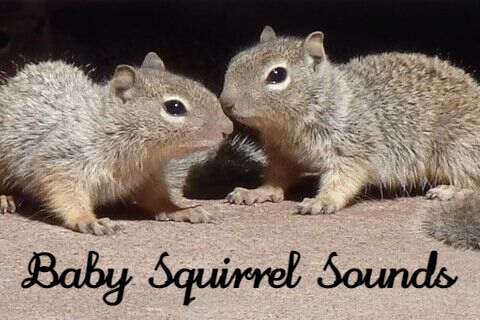
- Soft and High-Pitched:
Baby squirrels often produce softer, higher-pitched sounds compared to older squirrels.
- Communication with Mother:
Baby squirrels primarily use their vocalizations to communicate with their mother, expressing their needs, hunger, or discomfort.
- Contentment and Security:
Chirping and cooing sounds are common among baby squirrels when they feel safe, secure, and content.
advertisement
Features of Young Squirrel Sounds
- Vocal Exploration:
As young squirrels grow and become more independent, they may experiment with a broader range of vocalizations.
- Social Interactions:
Young squirrels use sounds to communicate and interact with their siblings and other squirrels during play or territorial disputes.
- Alarm Calls:
Young squirrels learn to emit distress calls and alarm calls to warn others of potential dangers or threats in their environment.
- Mating Calls (in older young squirrels):
As young squirrels reach sexual maturity, they may also begin to produce mating calls to attract potential mates.
Baby Squirrel vocals and their meaning
Newborn squirrels are born blind, deaf, and hairless, making communication with their mother and siblings crucial for their survival. They use a variety of sounds to convey different messages, from hunger to distress.
Chirping:
The sweet, high-pitched chirping sound emitted by newborn squirrels is often associated with a sense of contentment and security. When nestled close to their mother or siblings, they use chirping to convey their comfort and happiness. It's a gentle sound that indicates a peaceful and cozy environment.
Whining:
Similar to human infants, baby squirrels may emit soft whining sounds when they are hungry or seeking attention. This plaintive vocalization serves as a way for them to communicate their needs to their mother. The whining sound of the baby squirrel often prompts the mother squirrel to respond, providing nourishment or care to her offspring.
Squeaking:
As baby squirrels begin to explore their surroundings and interact with their siblings, you may hear delightful squeaking sounds. These high-pitched squeaks express their excitement, happiness, and anticipation during playful interactions. Squeaking is often accompanied by lively movements and is a sign of their energetic and social nature.
Cooing:
When in a state of relaxation and contentment, newborn squirrels emit soft cooing sounds. These gentle coos are heard when the squirrel babies are resting or groomed by their mother squirrel. The cooing sound indicates a feeling of comfort, security, and affection within the family unit.
Distress Calls:
In situations where newborn squirrels feel threatened or in danger, they emit distress calls to alert their mother or siblings. Distress calls can range from sharp, high-pitched squeals to repeated chirping sounds. These vocalizations serve as a warning, prompting the family members to take immediate action to ensure safety.
Rattles or screeching sound
Baby squirrel rattles are often associated with curiosity, excitement, or playfulness. They may rattle when exploring their surroundings, engaging in playful interactions with siblings, or when experiencing new stimuli.
What is the difference between baby squirrel rattles and mother squirrel rattles?
Baby squirrel rattles typically have a higher pitch compared to mother squirrel rattles.
Baby squirrel rattles when they feel threatened or scared. It is a warning to their mother or other adult squirrels that danger is near. If you hear a baby squirrel making rattling sounds, it is best to leave it alone and let its mother come to its aid.
Mother squirrel screeching is typically a warning or defensive response. They use rattling sounds to communicate danger or perceived threats to their offspring or mark the territory. Mother squirrels rattle when they feel their babies are in danger or when defending their nests from intruders.
advertisement
What Does Baby Squirrel Squeaking Mean?
When baby squirrels squeak, it can carry different meanings:
- Hunger and Need for Attention
- Distress or Discomfort
- Seeking Reassurance
- Communication with mother and siblings
Do Squirrels Make Growling Noises?
Yes, squirrels can make growling noises, especially when they feel threatened or are defending their territory. However, baby squirrels typically make high-pitched chirping or squeaking sounds instead of growling.
Why Do Squirrels Cry?
While squirrels do make a variety of sounds, including chattering, barking, and squeaking, they do not cry in the way that humans do. However, they may make distress calls or alarm calls when they feel threatened or in danger and some people describe them as "squirrels crying."
advertisement
What Do Happy Squirrels Sound Like?
Happy squirrels make chirps, chatters, and purrs. They may also make a soft cooing noise when they are content or relaxed. These sounds are often accompanied by playful behavior, such as running and jumping around.
advertisement
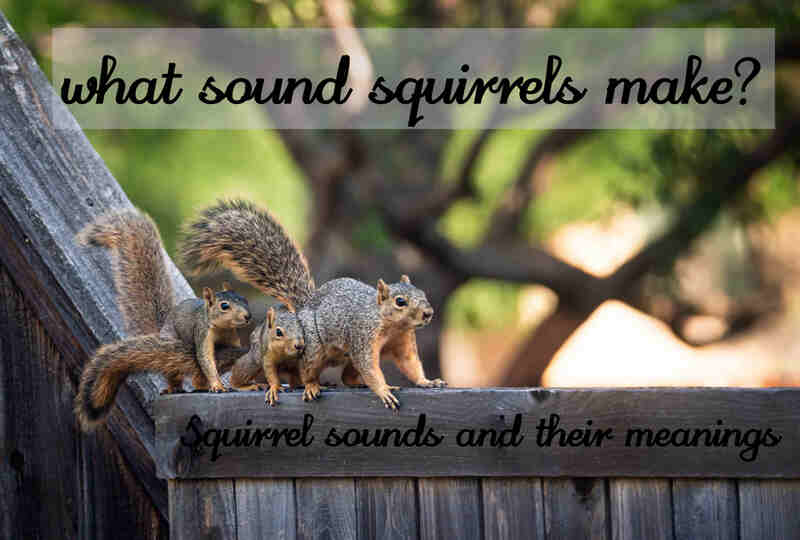




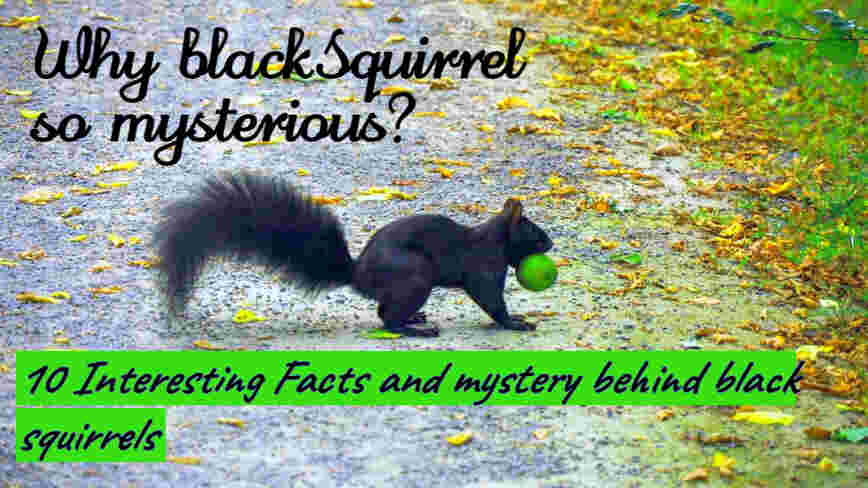
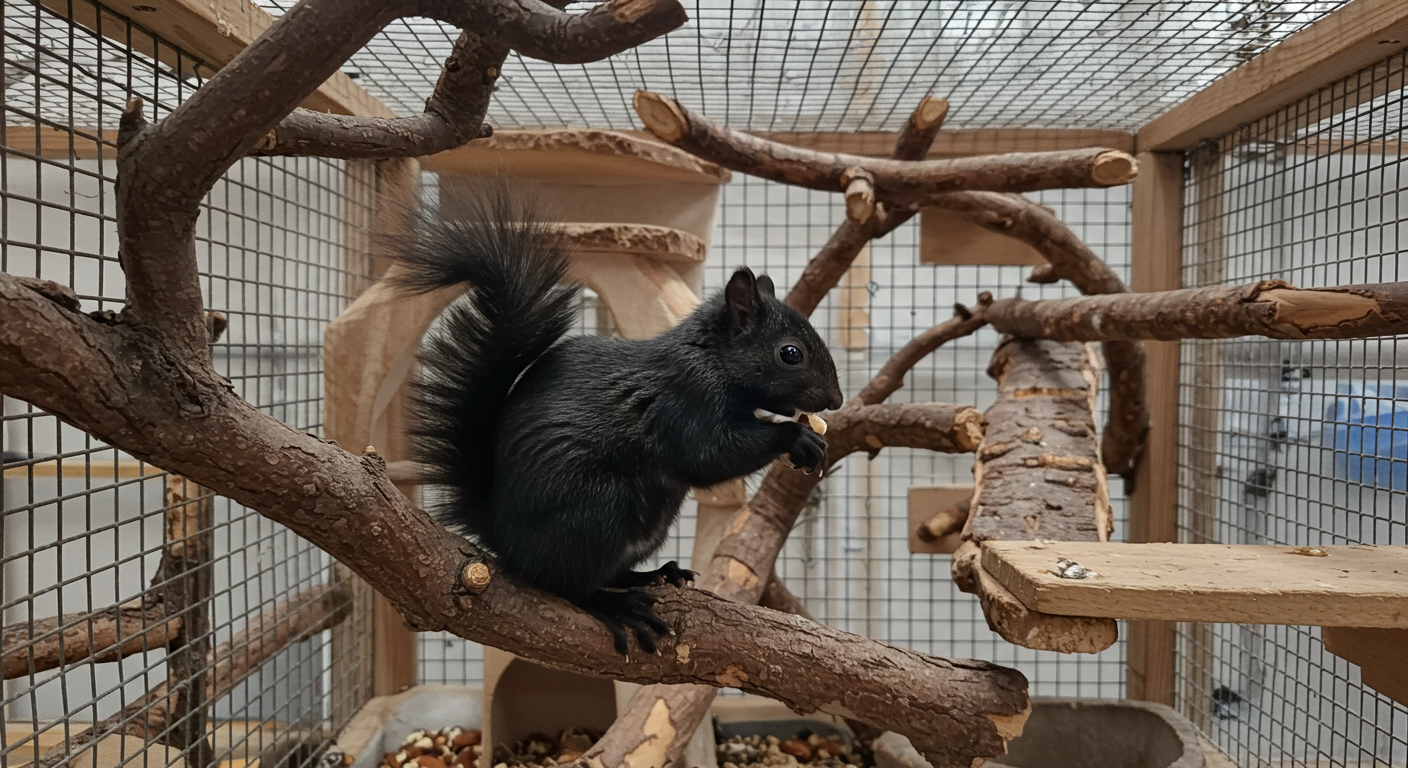
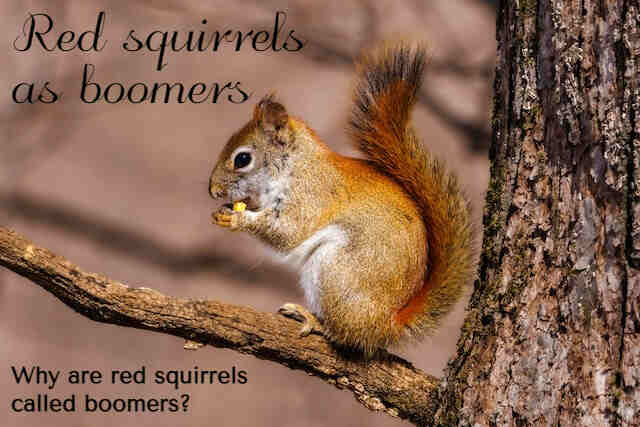
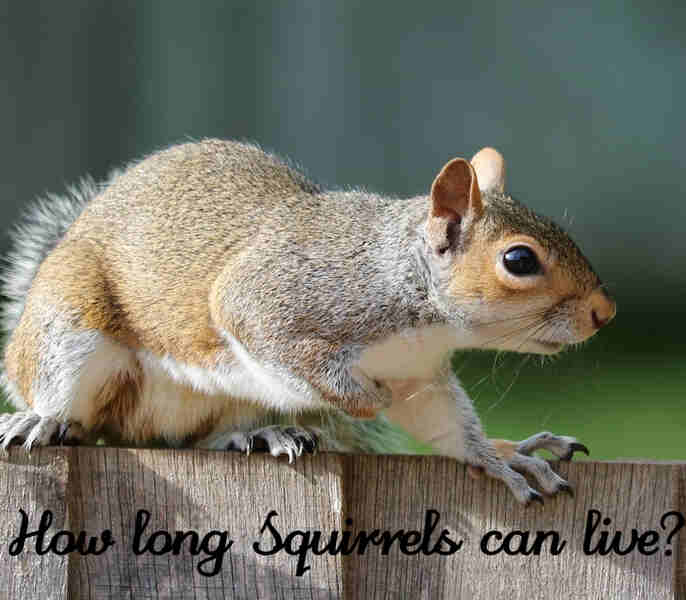
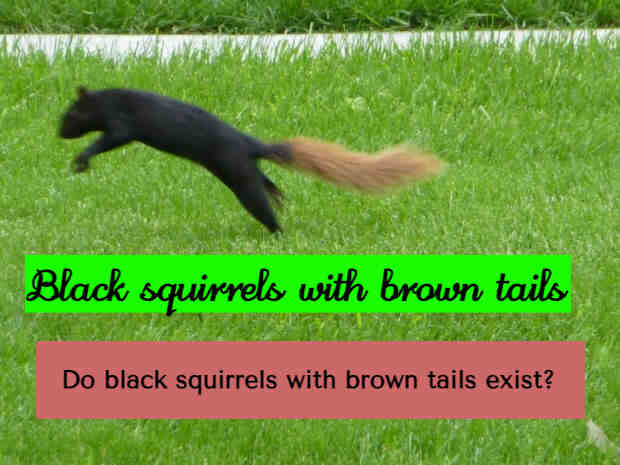
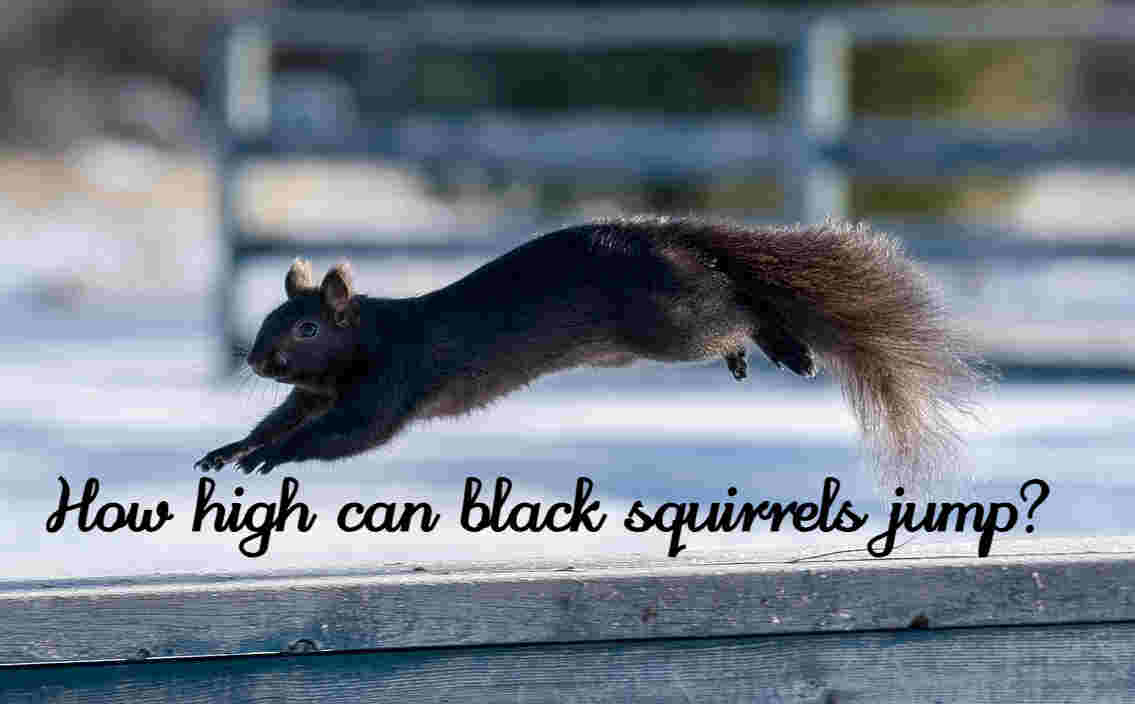
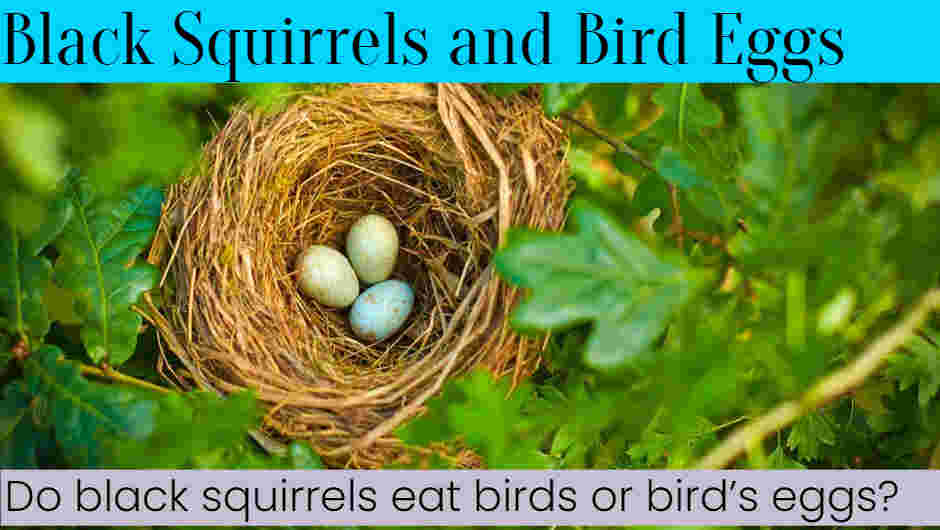

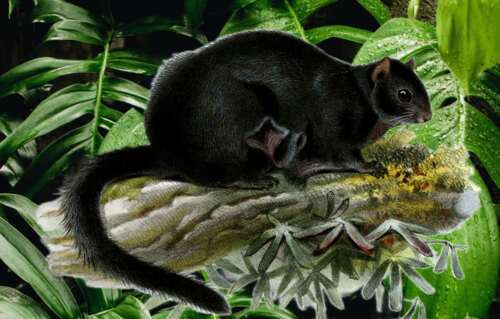
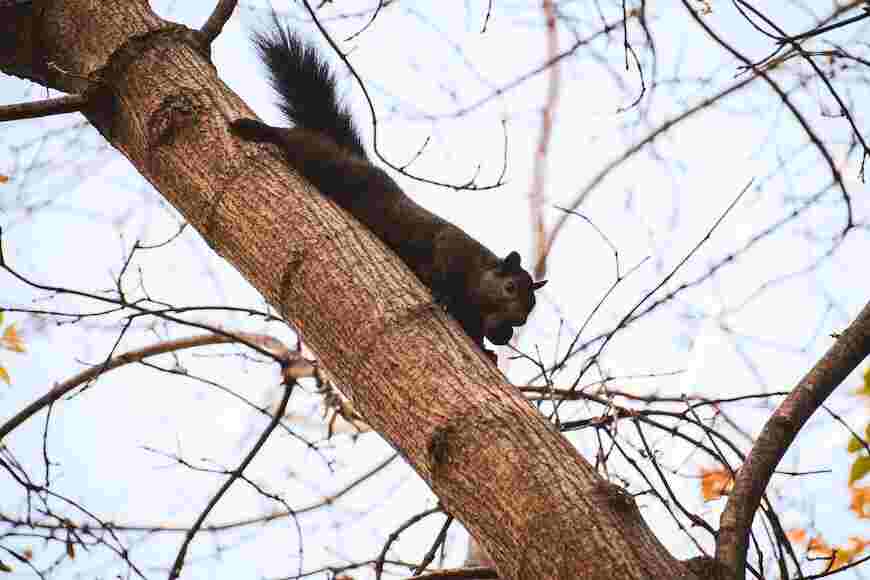
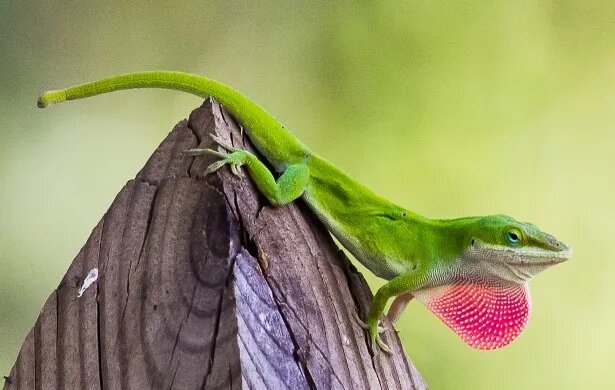
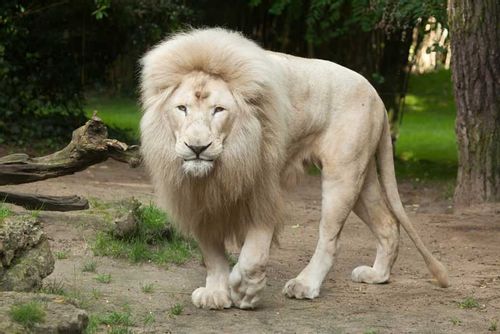
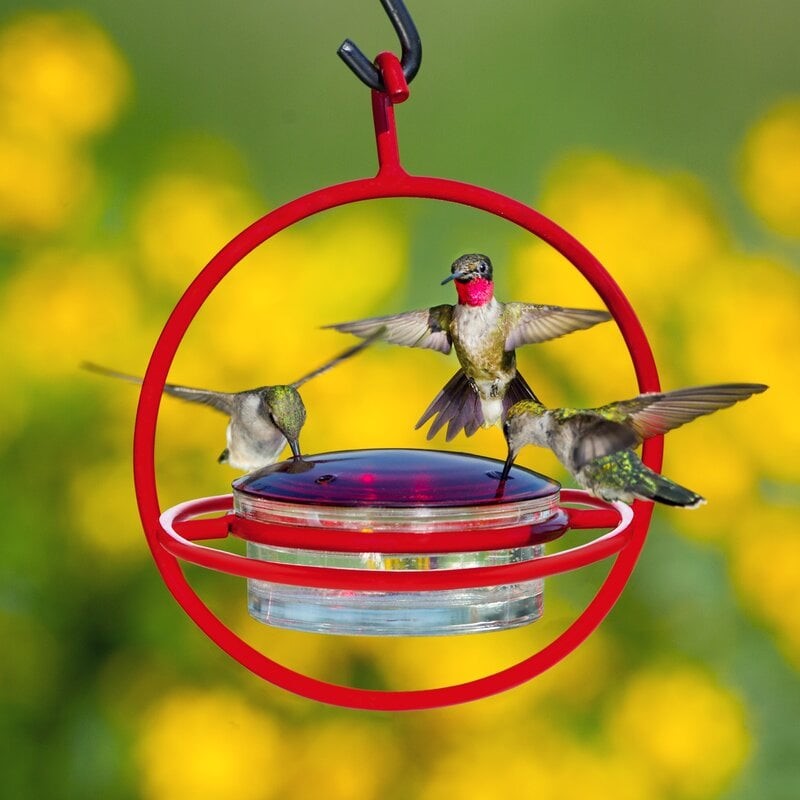

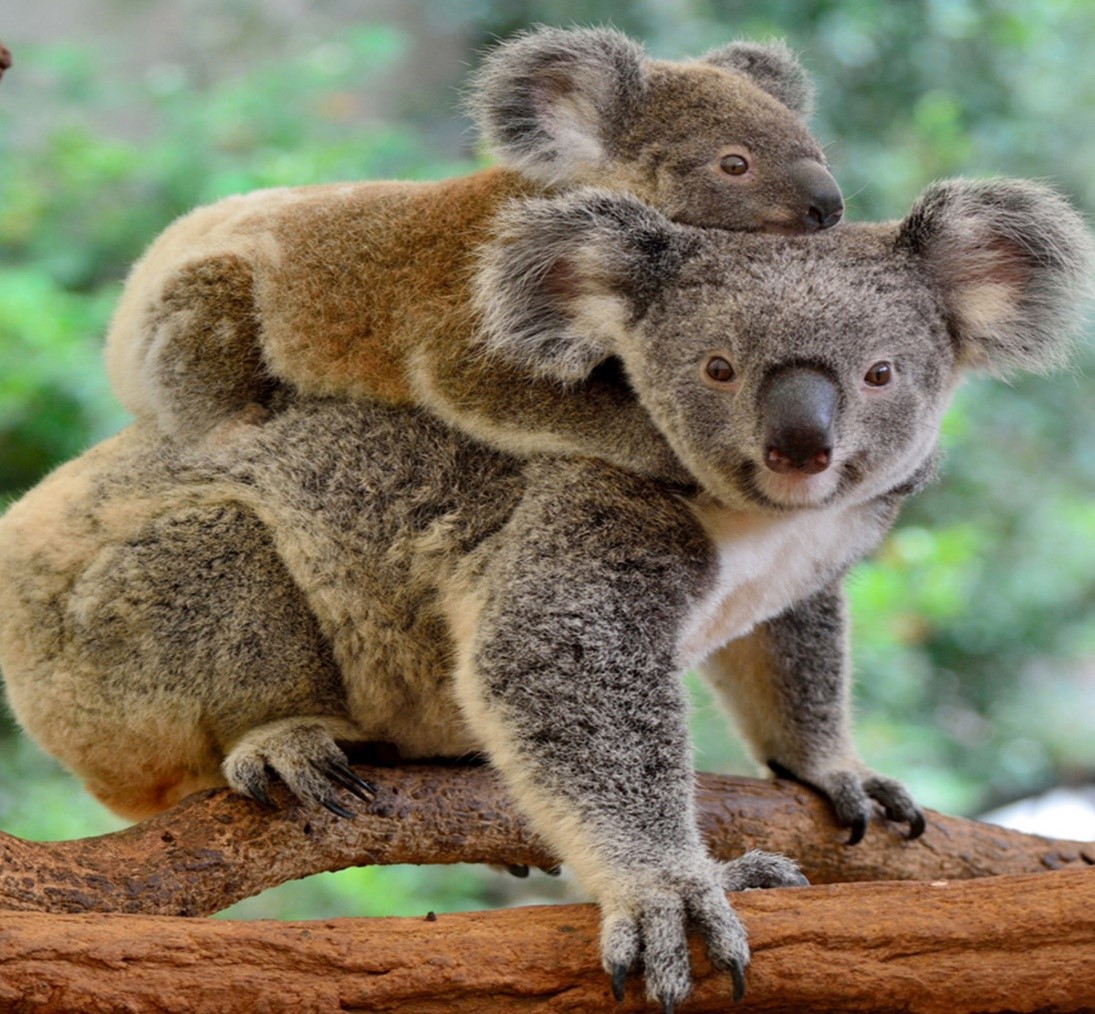
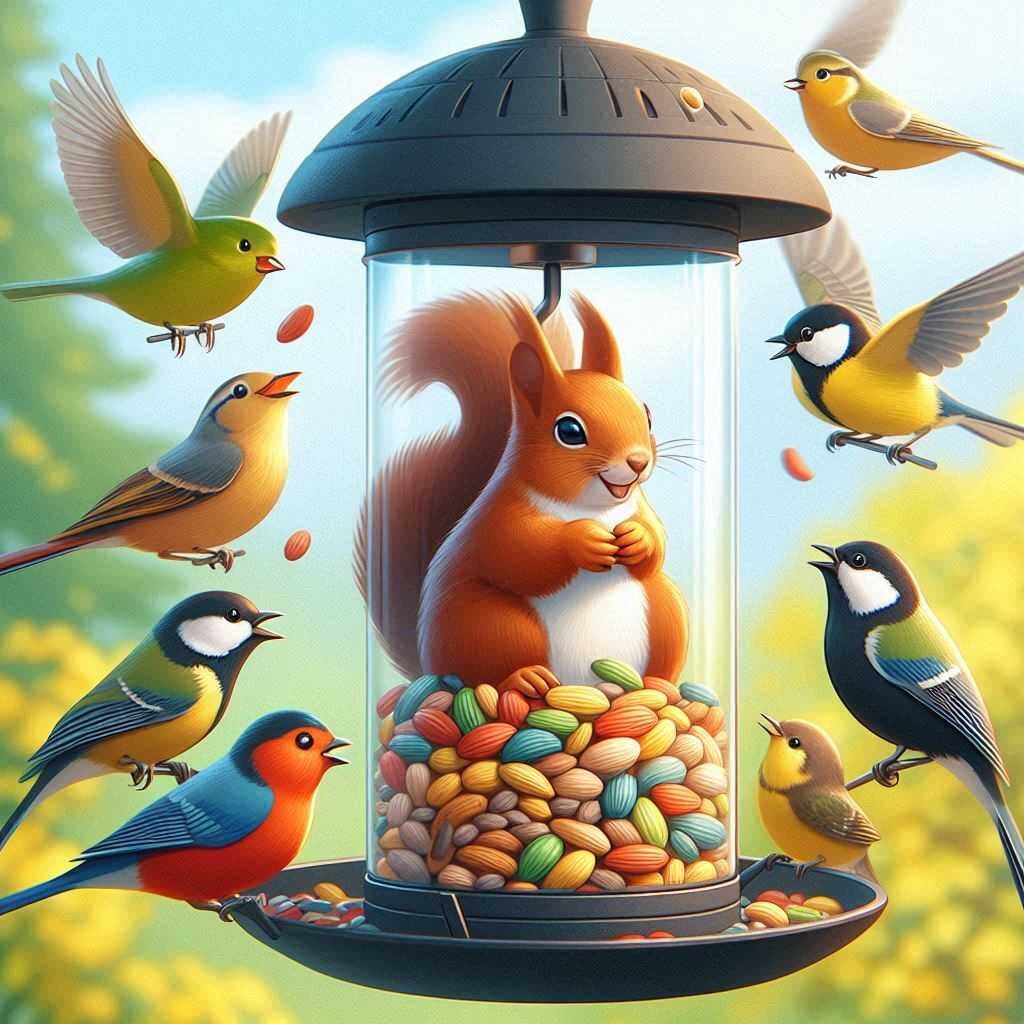
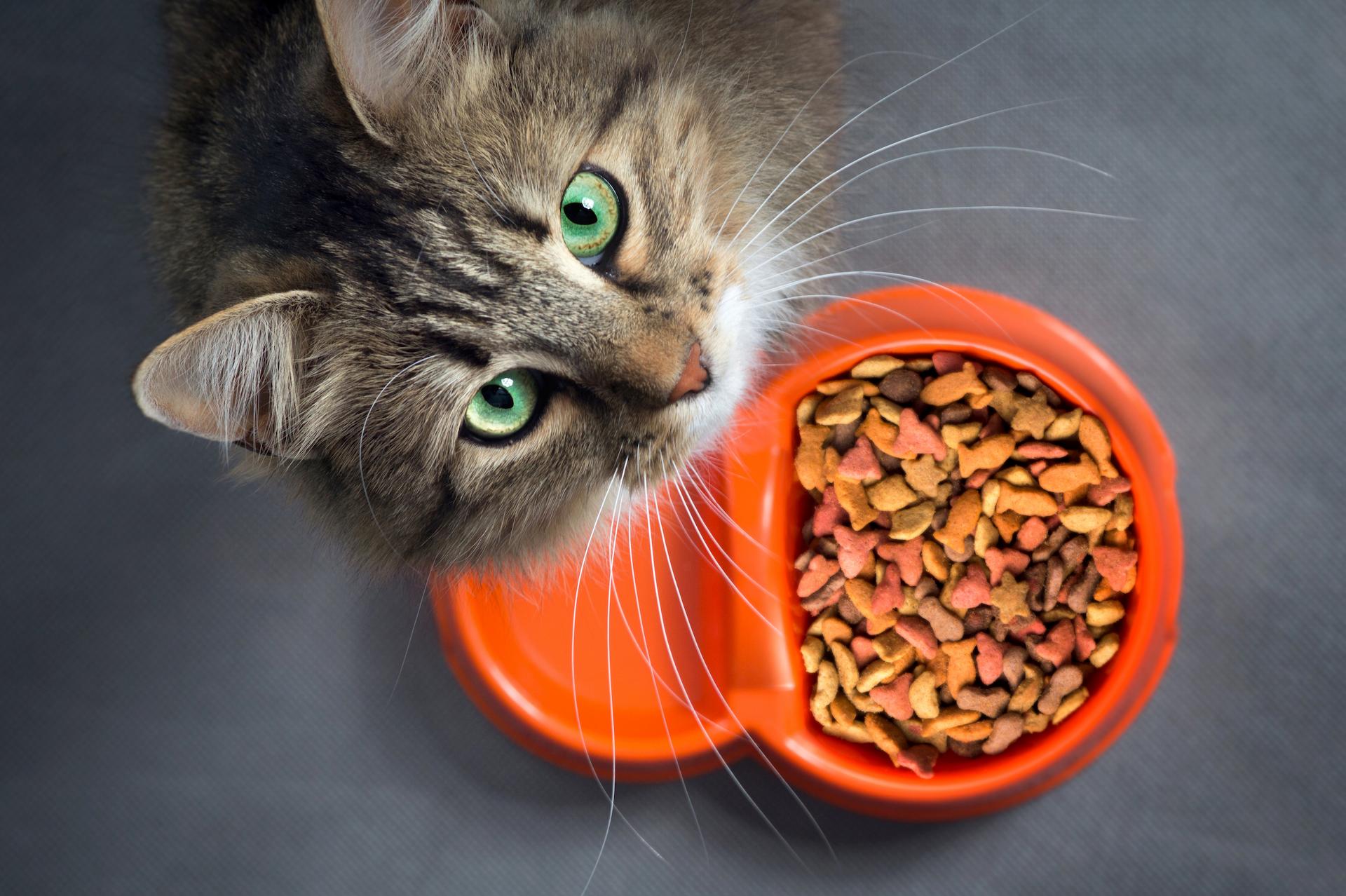
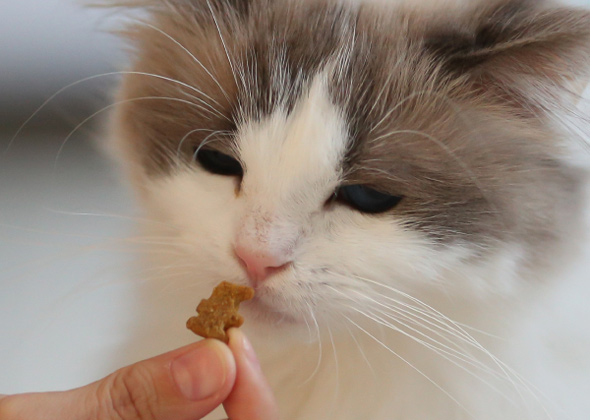
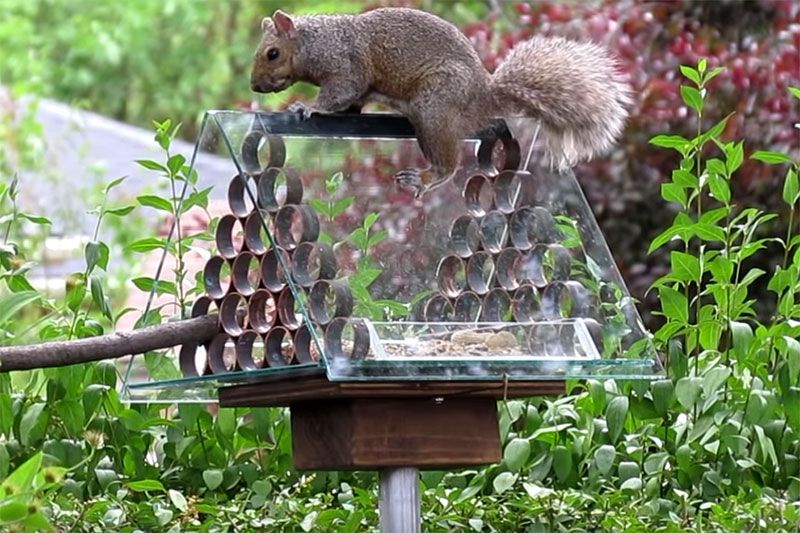
Amir Farooq – Wildlife Biologist
Amir Farooq – Wildlife Biologist
Amir Farooq is a dedicated Wildlife Biologist with expertise in ecology, animal behavior, and conservation. He collaborates with institutions to protect endangered species, conducts field research across diverse ecosystems, and addresses environmental threats. Passionate about sustainability, he strives to bridge science and conservation for future wildlife protection.